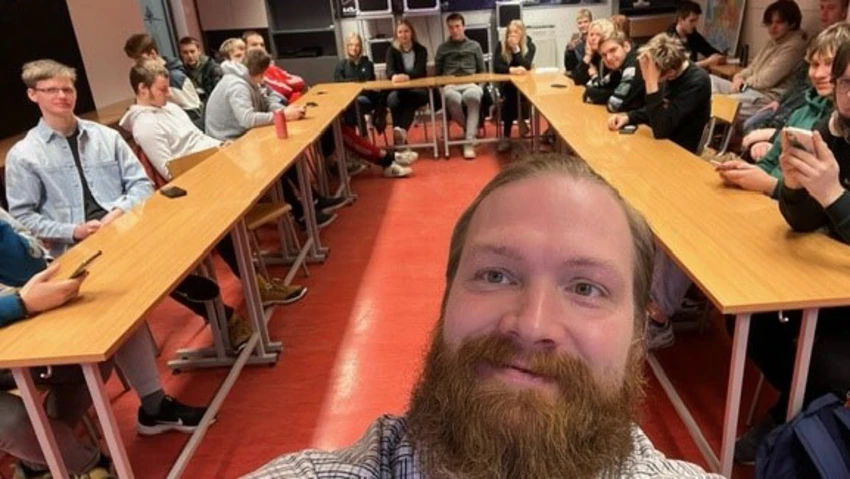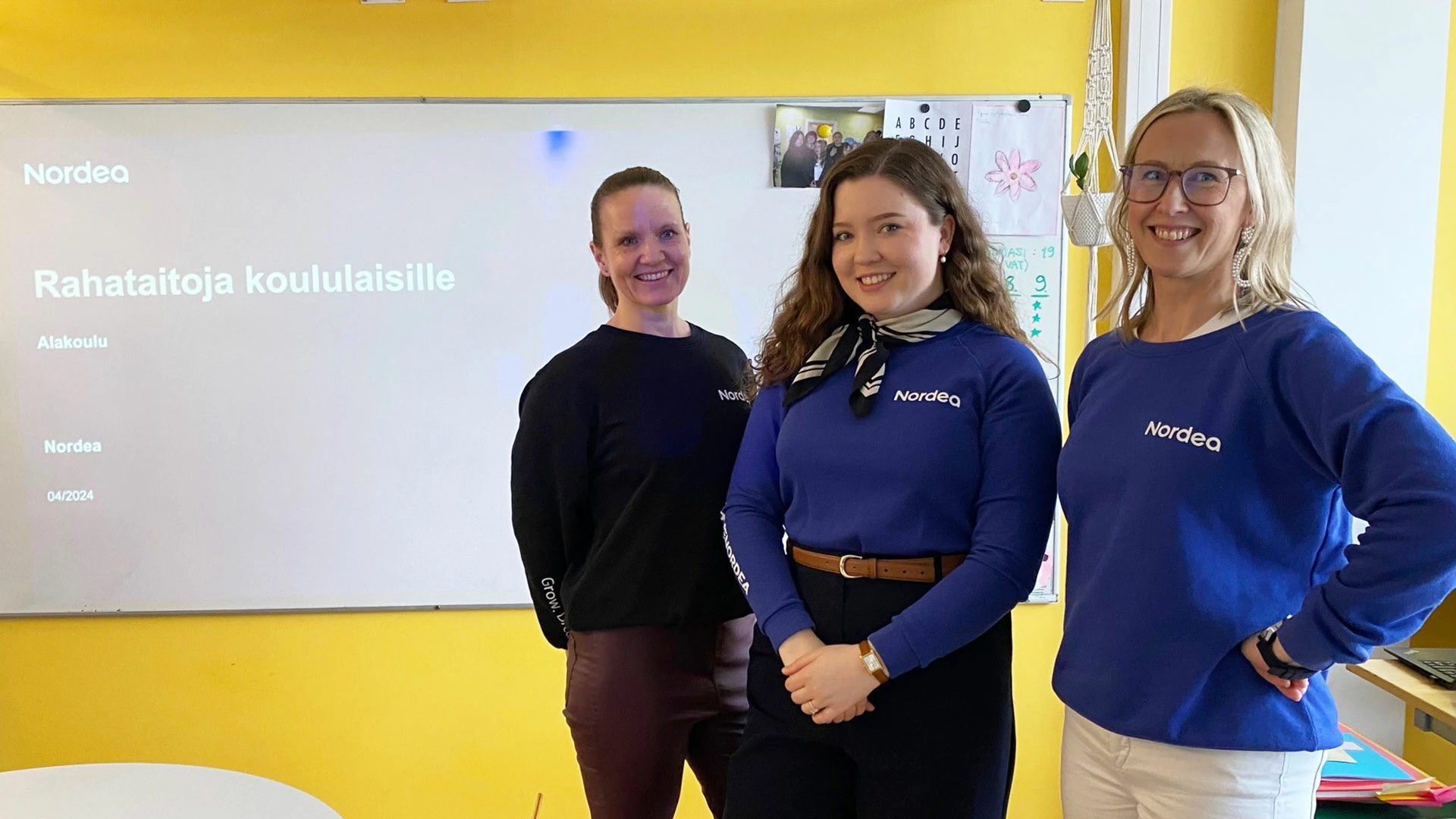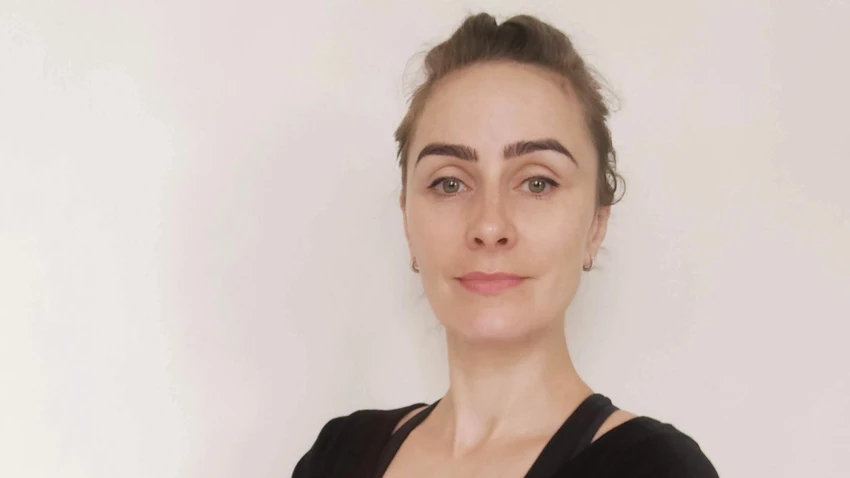
On tour in Viljandi
Argo Leetmaa, who works with financial crime prevention, went on a veritable tour where he covered all major upper secondary level schools in the Viljandi area.
“My first presentation was at Suure-Jaani Gümnaasium. As a warmup I did two presentations in a row for mixed groups of 8th-11th graders. My second presentation was at Viljandi Riigigümnaasium for an auditorium of 125 students! I have to say that for a moment this gave me the feeling of being a “real lecturer“ at an educational facility and I asked myself if that might be something I want to do more of in future,” he says with a smile.
“Although my work requires quite frequent presentations to my team or value chain, doing it for groups of young people from various backgrounds and on a topic they know little or nothing about was an interesting challenge. An additional benefit (which might be related to my age) is that being around young people is actually quite energising and before the presentation I also took the opportunity to have small discussions about their near-future plans,” Argo adds.
Financial literacy a crucial aspect of education
Sirli Kont, art teacher at Gustav Adolf Grammar School, who was visited by Nordea, shares her experience with integrating financial literacy into her curriculum:




